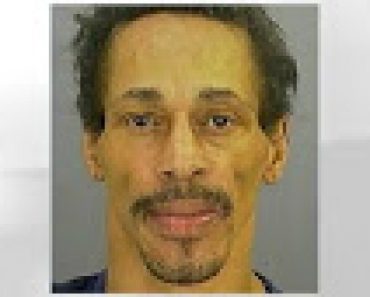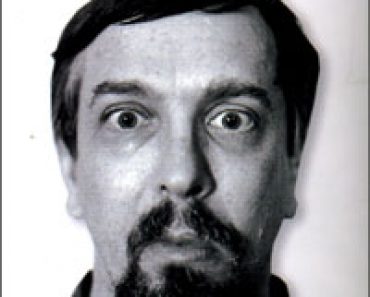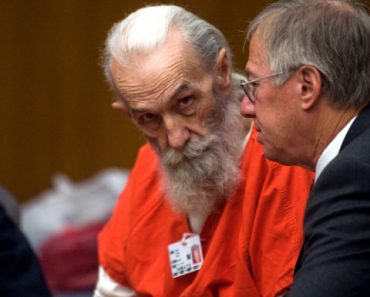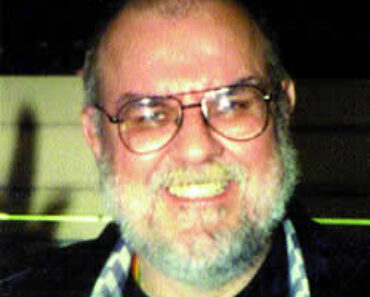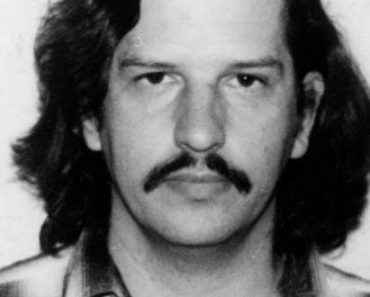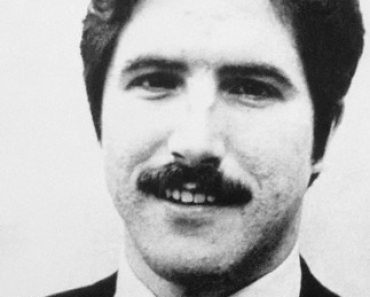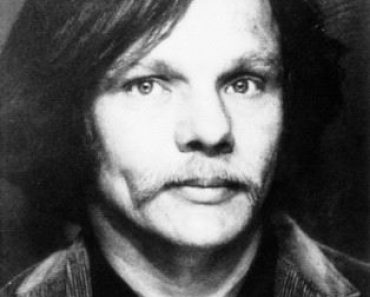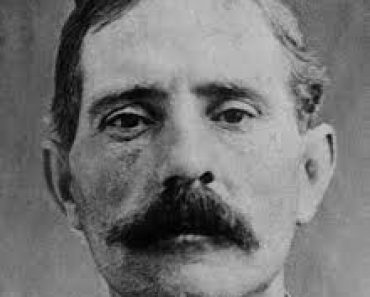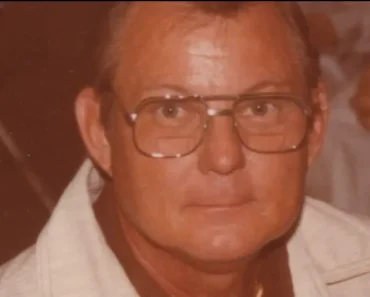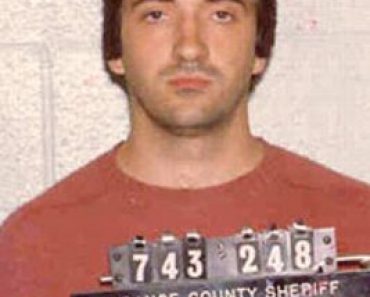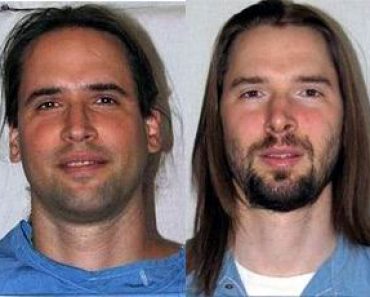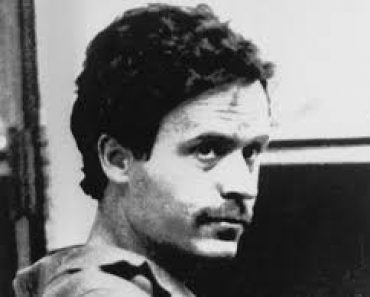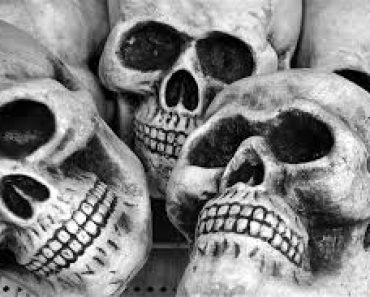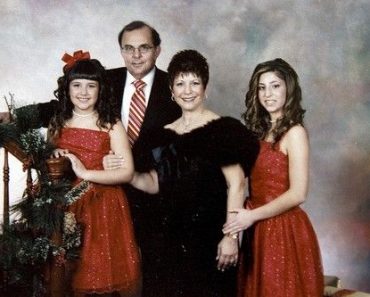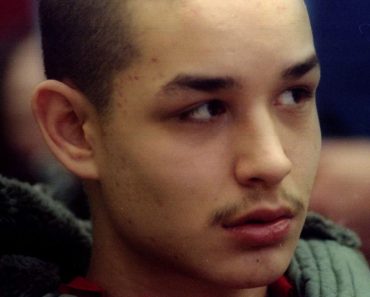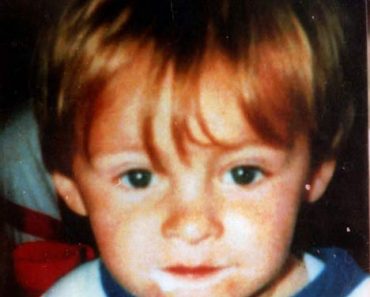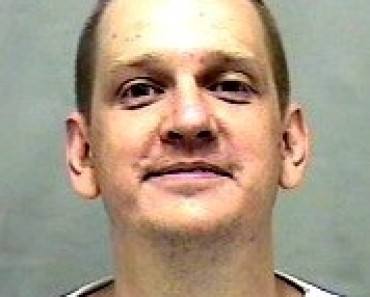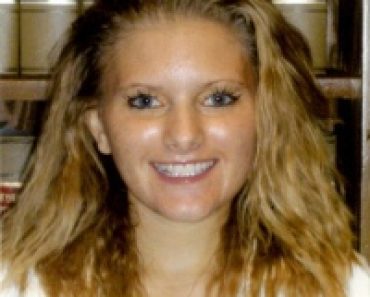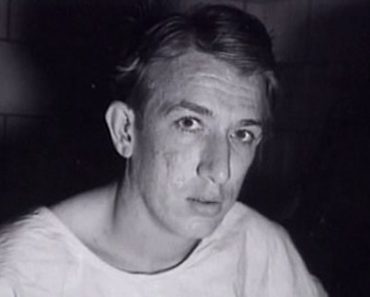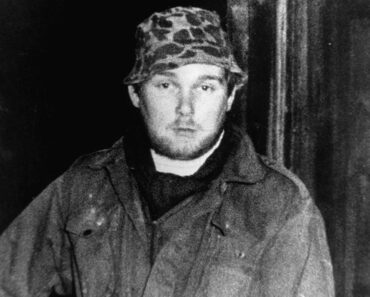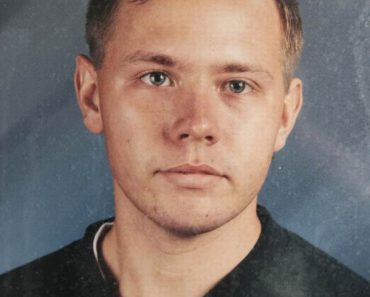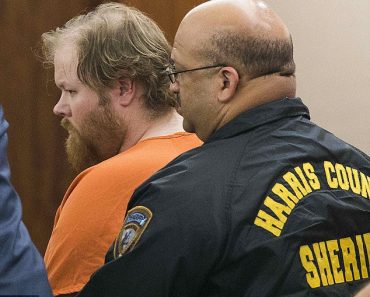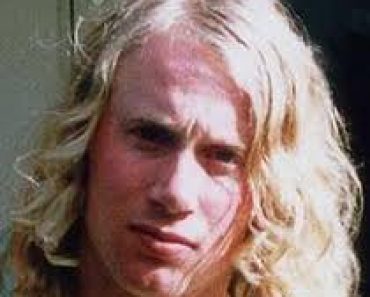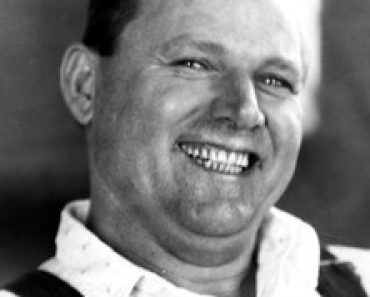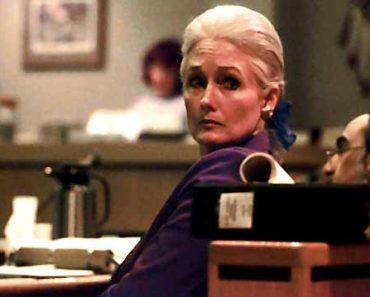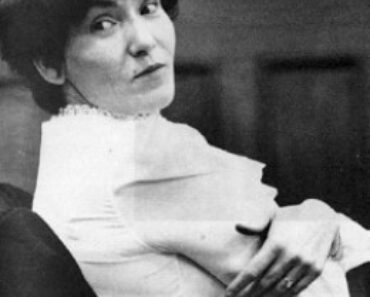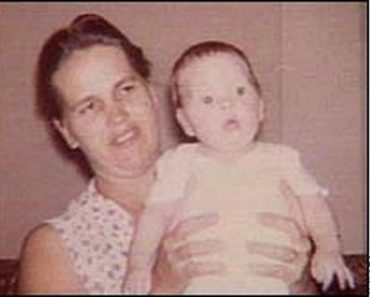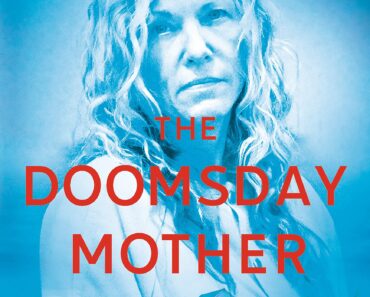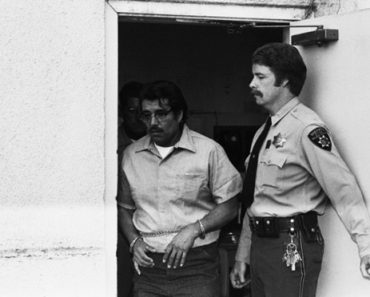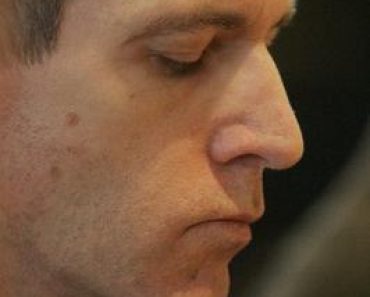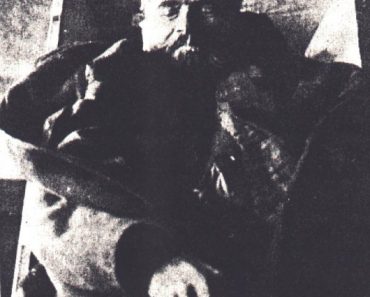Bulelani Mabhayi | Serial Killer
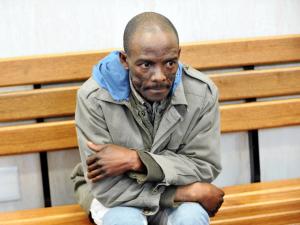
Bulelani Mabhayi
Born: 1974
The Monster of Tholeni
South African Serial Killer
Crime Spree:
Death:
Mthatha, formerly Umtata, is the main town of the King Sabata Dalindyebo Local Municipality in Eastern Cape province of South Africa, where a serial killer, Bulelani Mabhayi was running wild and undetected, giving Captain Aaron Hanise a run for his money.
Captain Hanise has cracked some of the most serious criminal cases in the Eastern Cape – including the arrest of a serial rapist in Mzamba, who raped and murdered women and removed their wombs for muti.
But the arrest of Bulelani Mabhayi, the “Monster of Tholeni”, proved to be the most daunting for the Captain.
“This was a very difficult case. People had no clue who was terrorizing the community,” he said.
Bulelani Mabhayi operated in the Eastern Cape, preying on victims in Tholeni – a place that became known as “the village of death”.
The village lies along the N2 freeway, about 15 km from Butterworth, a town situated between East London and Mthatha.
Bulelani Mabhayi
It’s a small village. Herds of cattle, sheep and goats graze on the vegetation growing in the almost barren landscape.
“There aren’t many jobs around and most people just keep livestock or do odd jobs in the village or town,” said Nomfundiso Mpontshane, an activist whose house was used as a victim support center for traumatized relatives and other frightened villagers during the reign of terror of Bulelani Mabhayi.
There are abandoned and dilapidated buildings interspersed with brightly painted houses. The deserted houses belonged to Mabhayi’s victims or their relatives – an eerie reminder of his trail of destruction.
It was in June 2010, after the murder of Sinazo Mbeki and her two grandchildren, that Hanise was tasked with tracking the perpetrator behind a string of murders now believed to be linked.
The three killings brought to eight the tally of murders that were believed to have been committed by the same perpetrator. Authorities were for the first time admitting that they were looking for a serial killer.
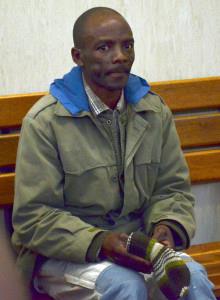
Hanise and his team of detectives initially put up a R250 000 reward for an arrest leading to a conviction, but nobody came forward with any helpful information.
Bulelani Mabhayi
“We called the psychologists’ office to help determine if we had a serial killer on our hands. They confirmed that we did,” said Hanise.
DNA samples were also collected from some of the village residents with previous rape convictions in the hope of finding a link. It came to naught.
The case stalled and so provincial police management initiated a strategy called Operation Good Hope, drawing on police from various units including the organised crime unit, the dog unit and forensic divisions.
The joint operation made its first move on May 17, 2010, when hundreds of males over the age of 16 were rounded up in an early-morning blitz in the area.
They were taken to a local church, where they had their DNA samples and fingerprints taken. Bulelani Mabhayi was among them.
But his fingerprints could not be lifted as he did not have an ID document.
Bulelani Mabhayi
The police focus did not deter Bulelani Mabhayi. He continued with his killing spree, murdering five more people over the next 13 months.
The breakthrough, when it was finally made, came as a result of Mabhayi’s indiscretion rather than good detective work.
On August 11 last year, Bulelani Mabhayi murdered Nophumzile Florence Lubambo and accidentally left his shoe at the crime scene. It was a mistake that led to his arrest.
“We were looking for another person, who happened to be his (Mabhayi)’s brother, the late Siyabonga. Incidentally, we got him because of the shoe we found on the crime scene. It matched the one he was wearing,” said Hanise.
The saliva that had been drawn from Bulelani Mabhayi during Operation Good Hope proved indispensable. His DNA test results linked him to the string of murders.
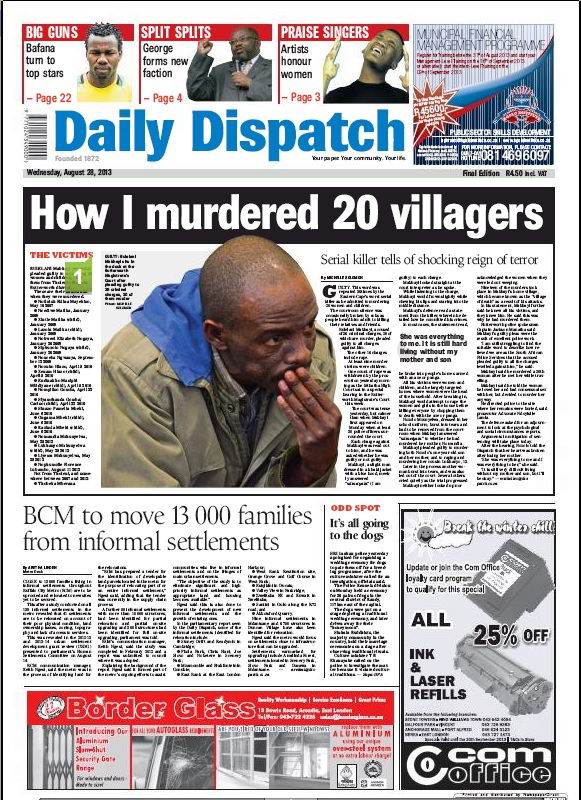 Bulelani Mabhayi
Bulelani Mabhayi
“It was a huge relief when he was arrested. I can gladly go on pension now,” laughed Hanise.
As Bulelani Mabhayi began serving his life sentence in prison, residents of the village he terrorized for so long said they continued to live in fear.
Many believe Mabhayi was not working alone when he committed his crimes.
“When he testified in court, he (Bulelani Mabhayi) always said ‘we’ when he answered questions. Who else was he referring to?”
Bulelani Mabhayi also told the court during his trial that he committed the murders because there was an evil spirit following him. “I did this because of the evil spirit and I regret doing that,” he said.
But no one really cared. He was given 25 life sentences and the jailer happily threw the key away.
The village breathed easier. Or did they?

source: murderpedia | Lebogang Seale
This site contains affiliate links. We may, at no cost to you, receive a commission for purchases made through these links

